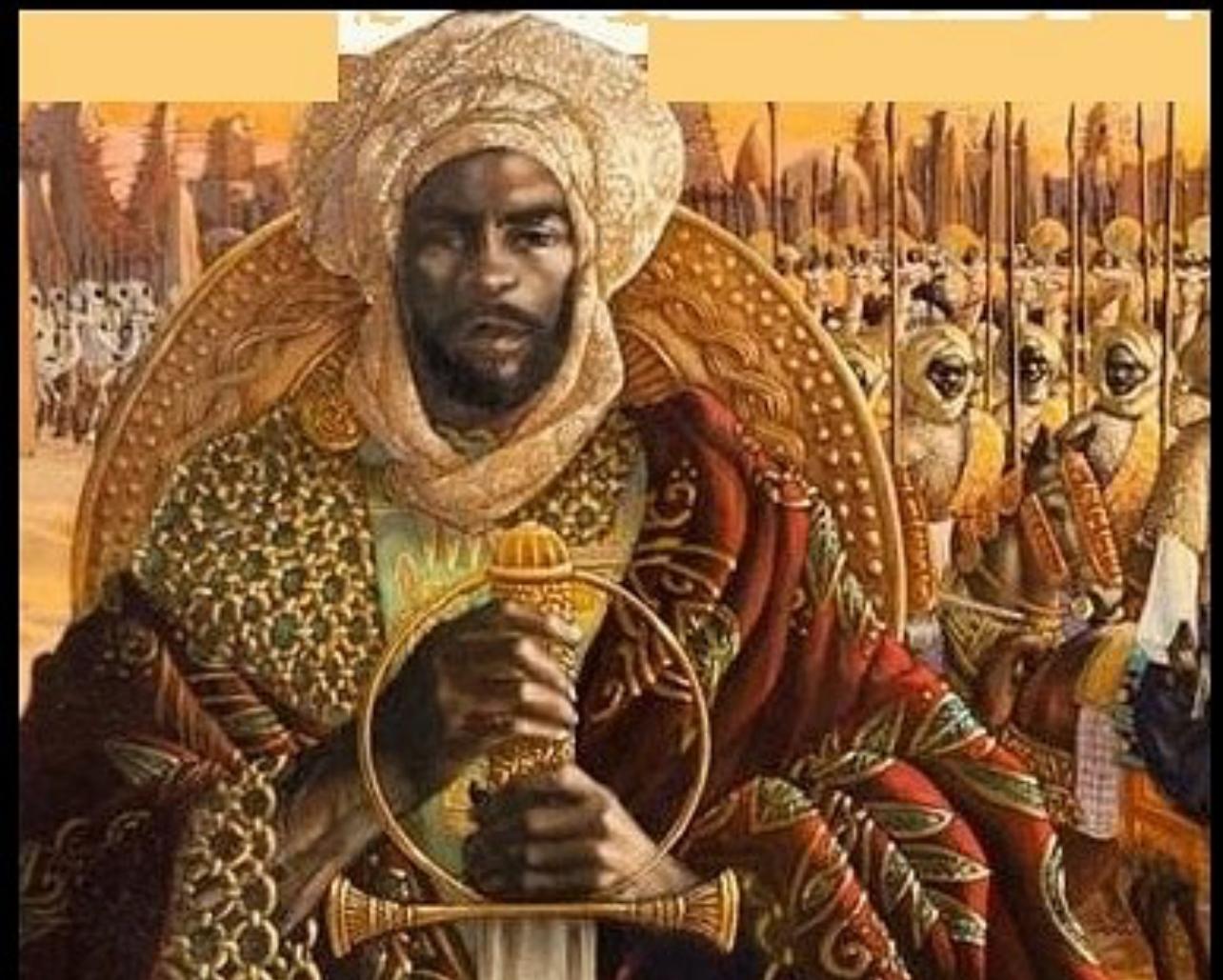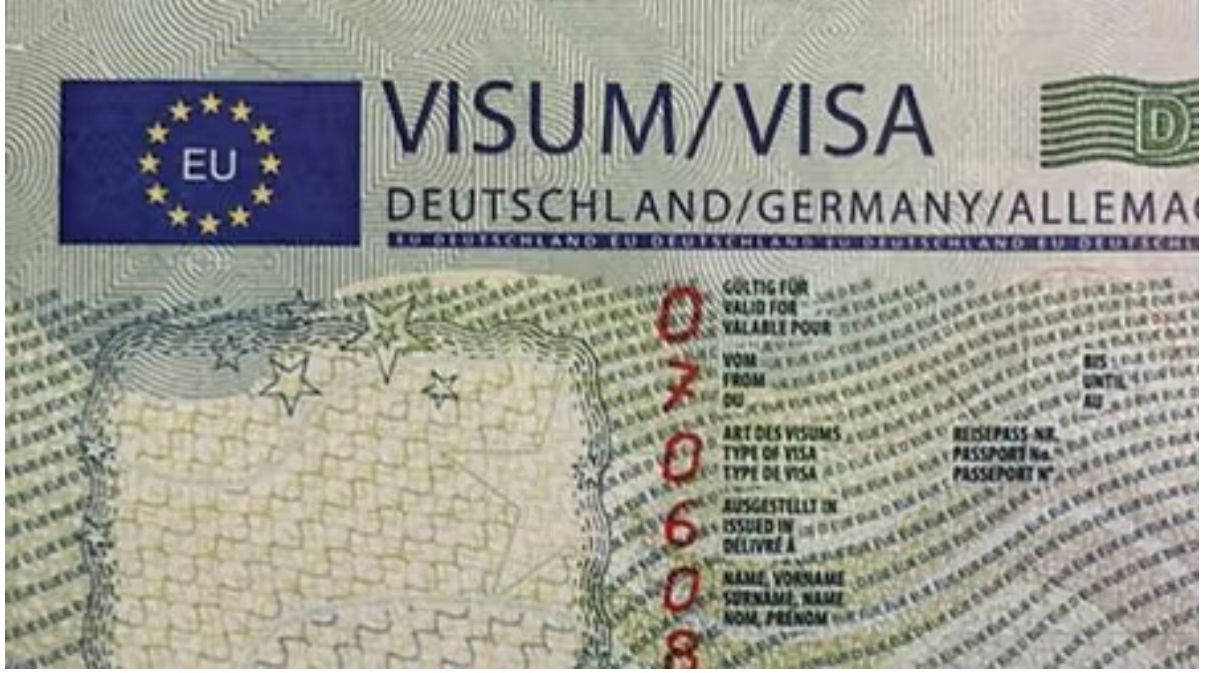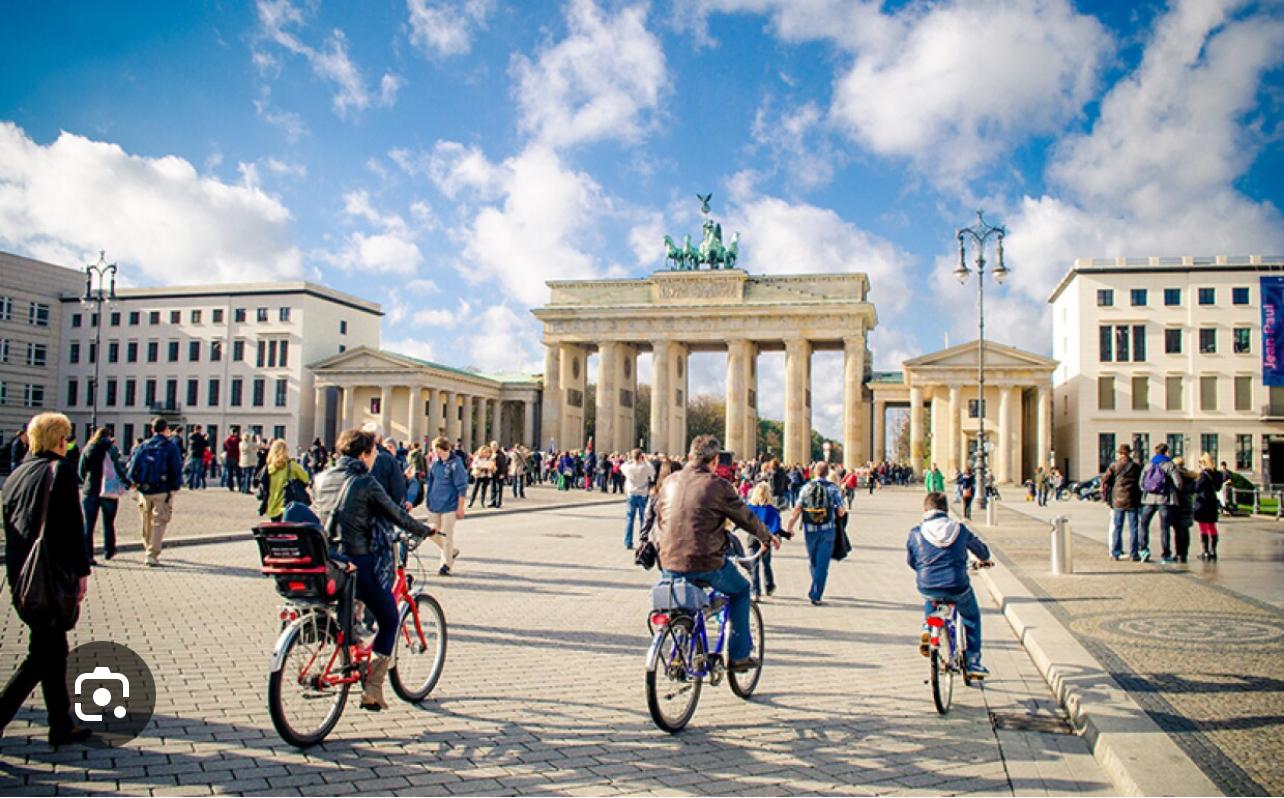Mansa Musa (reigned c. 1312 – c. 1337 ) was the ninth Mansa of the Mali Empire, which reached its territorial peak during his reign. Musa’s reign is often regarded as the zenith of Mali’s power and prestige, although he features less in Mandinka oral traditions than his predecessors.
He was exceptionally wealthy to an extent that he was described as being inconceivably rich by contemporaries; Time magazine reported: “There’s really no way to put an accurate number on his wealth.” It is known from local manuscripts and travellers’ accounts that Mansa Musa’s wealth came principally from the Mali Empire’s control and taxing of the trade in salt from northern regions and especially from gold panned and mined in Bambuk and Bure to the south. Over a very long period Mali had amassed a large reserve of gold. Mali is also believed to have been involved in the trade in many goods such as ivory, spices, silks, and ceramics. However, presently little is known about the extent or mechanics of these trades. At the time of Musa’s ascension to the throne, Mali consisted largely of the territory of the former Ghana Empire, which Mali had conquered. The Mali Empire comprised land that is now part of Guinea, Senegal, Mauritania, the Gambia, and the modern state of Mali.
Musa went on Hajj to Mecca in 1324, traveling with an enormous entourage and a vast supply of gold. En route he spent time in Cairo, where his lavish gift-giving is said to have noticeably affected the value of gold in Egypt and garnered the attention of the wider Muslim world. Musa expanded the borders of the Mali Empire, in particular incorporating the cities of Gao and Timbuktu into its territory. He sought closer ties with the rest of the Muslim world, particularly the Mamluk and Marinid Sultanates. He recruited scholars from the wider Muslim world to travel to Mali, such as the Andalusian poet Abu Ishaq al-Sahili, and helped establish Timbuktu as a center of Islamic learning. His reign is associated with numerous construction projects, including a portion of Djinguereber Mosque in Timbuktu.
Source: Wikipedia








